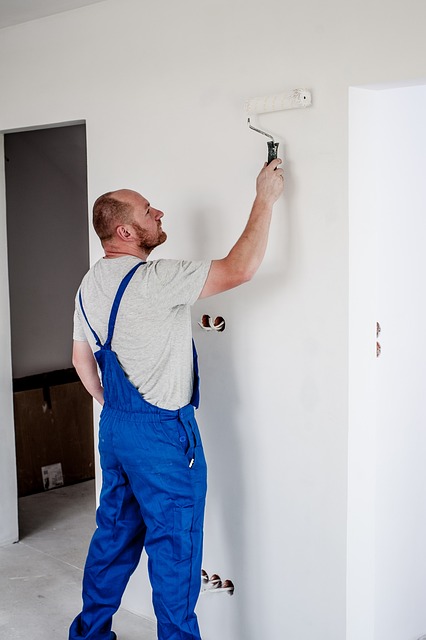Water heater repair is a critical service for maintaining daily comfort and safety. Common issues include temperature regulation problems, leakages, and sediment buildup. Professional technicians, with specialized training and tools, proactively identify these issues through systematic diagnostics to ensure safe, efficient, and reliable water heater operation. Regular maintenance by certified experts prevents breakdowns, extends heater lifespans, and promotes energy efficiency. Prioritizing safety involves proper gear, ventilation, eco-friendly disposal, and homeowner involvement in maintenance checks. Hiring licensed technicians offers safety, expertise, insurance coverage, and cost savings while regular water heater care prevents unexpected failures.
Water heater repair is a crucial aspect of home maintenance, often requiring the expertise of professional technicians. This article delves into the world of these skilled workers, exploring their role in addressing common water heater issues. We examine the qualifications and skills that set them apart, emphasizing the significance of proper training and certification. Additionally, we’ll guide you through the repair process, highlight safety measures, and offer expert tips for maintenance, ensuring your water heater operates efficiently.
Understanding Common Water Heater Issues
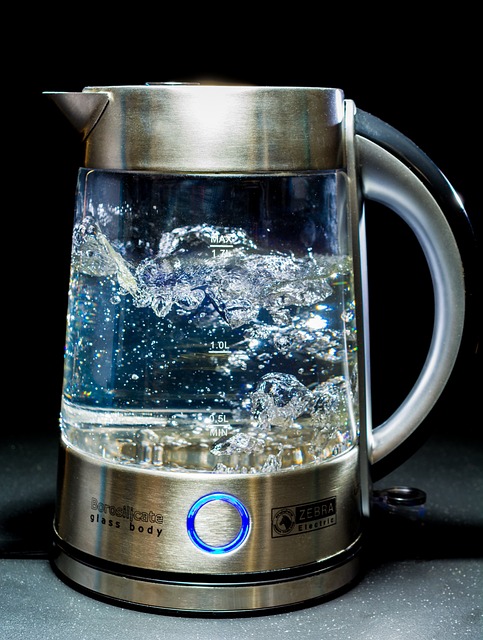
Water heater repair is a common service call for professional technicians, as these appliances are integral to daily life and comfort. Understanding common water heater issues is crucial for both technicians and homeowners. One of the most frequent problems is temperature regulation, where the heater either fails to heat water sufficiently or maintains an inconsistent temperature. This can be attributed to faulty thermostats, heating elements, or circuit boards. Another prevalent issue is leakages, which may occur due to corroded connections, worn-out gaskets, or pressure relief valves. Homeowners should also look out for signs of sediment buildup, which can reduce the heater’s efficiency and lead to premature failure.
By identifying these issues proactively, homeowners can schedule water heater repair services before more severe problems arise. Professional technicians are equipped with the knowledge and tools to diagnose and fix these problems swiftly, ensuring the heater operates safely and efficiently. Regular maintenance checks by these experts can also help prevent future breakdowns and extend the lifespan of the water heater.
Qualifications and Skills of a Professional Technician
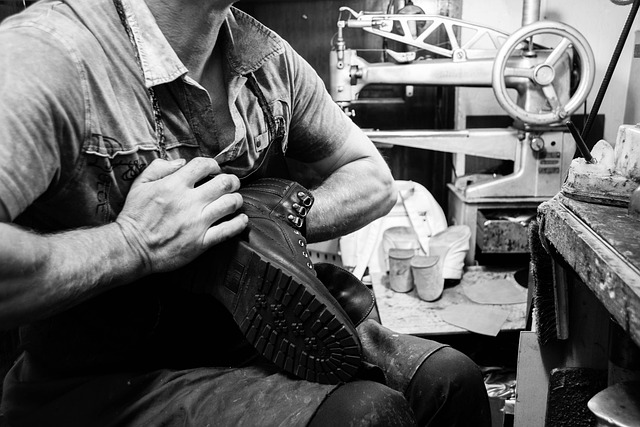
Professional water heater technicians are experts in their field, equipped with a unique blend of knowledge and abilities to tackle any water heating issue. To excel in this trade, one must possess a comprehensive set of qualifications and skills. These include a deep understanding of plumbing systems and water heating technologies, as well as the ability to diagnose complex problems swiftly. A top-notch technician should be adept at reading schematics and troubleshooting electrical components, crucial for handling modern water heaters with precision.
Their skill set also encompasses excellent manual dexterity for precise assembly and disassembly, strong problem-solving abilities to identify subtle anomalies, and superior communication skills to explain technical concepts clearly to clients. In the realm of water heater repair, their expertise ensures efficient, safe, and effective solutions, making them indispensable in maintaining comfortable living environments.
The Importance of Proper Training and Certification
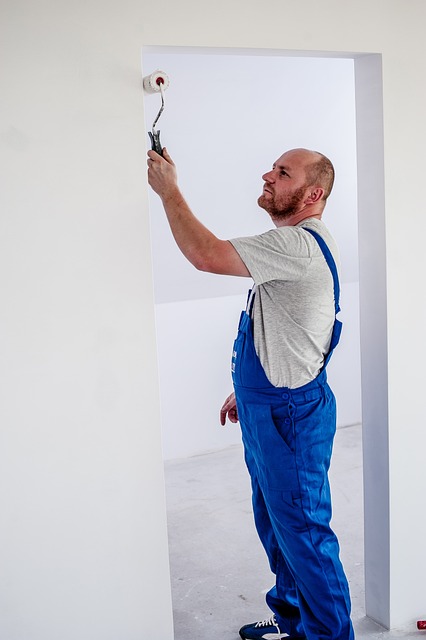
Proper training and certification are paramount for water heater technicians. With extensive knowledge in water heater repair, these professionals are equipped to diagnose and address a wide range of issues, from minor leaks to complex system malfunctions. Their expertise ensures that repairs are not only effective but also safe, minimizing the risk of further damage or hazard.
Certification programs often cover various aspects such as safety protocols, energy-efficient practices, and the latest technology in water heating systems. This specialized training enables technicians to provide high-quality service, adapt to evolving industry standards, and ultimately, contribute to more efficient and sustainable homes.
Tools and Equipment Used in Water Heater Repair
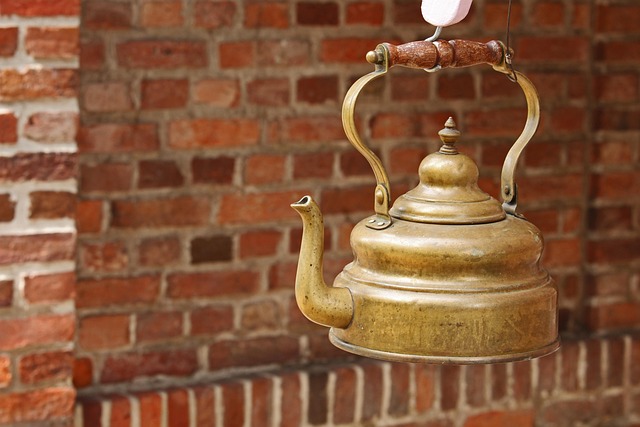
Professional water heater technicians rely on a variety of tools and equipment to efficiently diagnose and repair issues with water heaters. These include specialized metering devices to measure gas flow or electrical current, allowing them to identify any anomalies in the system’s performance. Hand tools like wrenches, pliers, and screwdrivers are essential for tightening connections, replacing parts, and disassembling components for thorough inspection.
Additionally, advanced diagnostic tools such as pressure gauges, thermometers, and digital multimeters help technicians pinpoint specific problems like temperature control issues, pressure buildup, or leaks. These tools enable precise adjustments and repairs, ensuring the water heater functions optimally and safely. Proper maintenance and a well-equipped toolkit are key to minimizing downtime for homeowners, making water heater repair a seamless and effective process.
Steps Involved in Diagnosing and Fixing Problems
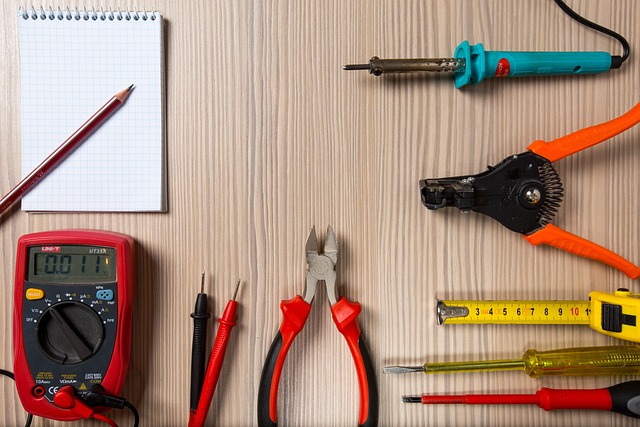
Diagnosing and fixing water heater problems requires a systematic approach. First, technicians start by gathering information from homeowners about the symptoms they’re experiencing, such as lack of hot water, odd noises, or leaking. This is followed by a thorough inspection of the water heater, checking for any visible damage, corrosion, or leaks. During this process, experts also evaluate the heater’s age and energy efficiency to determine if replacement is more feasible than repair.
Once potential issues are identified, technicians use specialized tools to diagnose the root cause. This may involve checking gas pressures, electrical connections, and temperature settings. After pinpointing the problem, they proceed with appropriate repairs, which can range from replacing a faulty thermostat to fixing a damaged tank or installing new parts like heat exchangers or pressure relief valves. The goal is to ensure the water heater functions safely, efficiently, and reliably.
Safety Measures for Technicians and Homeowners
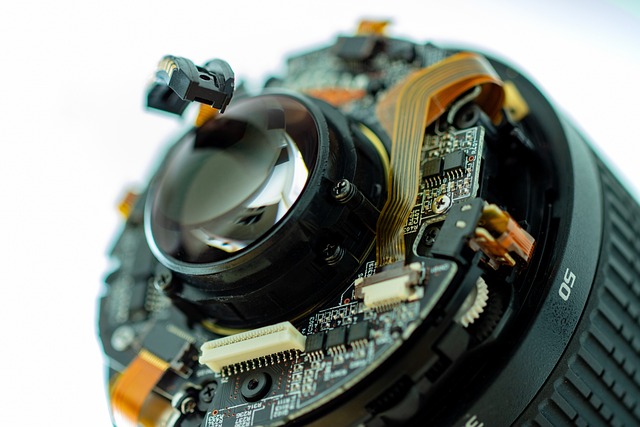
When it comes to water heater repair, safety is paramount for both technicians and homeowners. Technicians must be trained in handling potentially hazardous situations, such as working with hot water lines and gas appliances. This includes wearing appropriate protective gear like heat-resistant gloves and goggles to shield against scalding or sparks. Proper ventilation in enclosed spaces is crucial to prevent the buildup of toxic gases during repairs. Homeowners also play a vital role in ensuring safety by maintaining clear access to water heaters, allowing technicians easy visibility and room to work. Regular maintenance checks conducted by homeowners can help identify potential issues early on, preventing accidents related to malfunctioning water heaters.
In addition to personal safety, proper disposal of old or faulty water heaters is an environmental consideration. Technicians should be equipped with knowledge of recycling programs and eco-friendly disposal methods for these large appliances. Homeowners can contribute by researching local recycling options and ensuring responsible disposal when replacing their water heaters. By prioritizing safety measures, both professionals and residents can create a safer environment while addressing water heater repair needs efficiently.
Benefits of Hiring Licensed Professionals
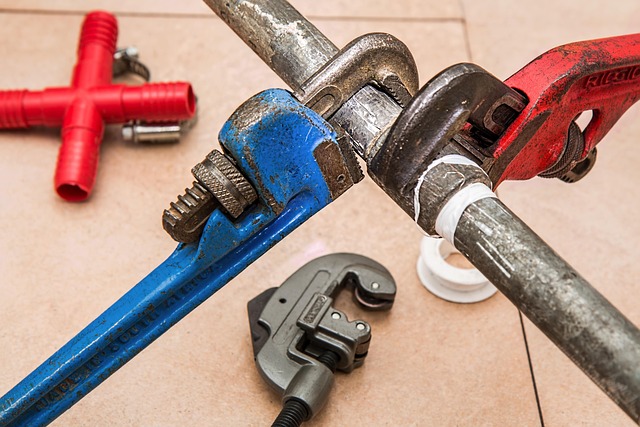
Hiring licensed water heater technicians for repair services comes with numerous advantages that ensure a safe, efficient, and cost-effective solution. First and foremost, professionals have the expertise and training to diagnose complex issues accurately. They can identify subtle problems that might go unnoticed by amateurs, preventing potential hazards such as gas leaks or electrical malfunctions. This skill set is crucial in mitigating risks associated with water heater repairs, ensuring the safety of your home or business.
Additionally, licensed technicians offer peace of mind through their adherence to industry standards and regulations. They employ best practices during the repair process, guaranteeing high-quality workmanship that extends the lifespan of your water heater. Moreover, professionals often carry insurance coverage, shielding you from potential liabilities and offering financial protection in case of any unforeseen incidents during the repair work.
Maintaining Your Water Heater: Tips from Experts
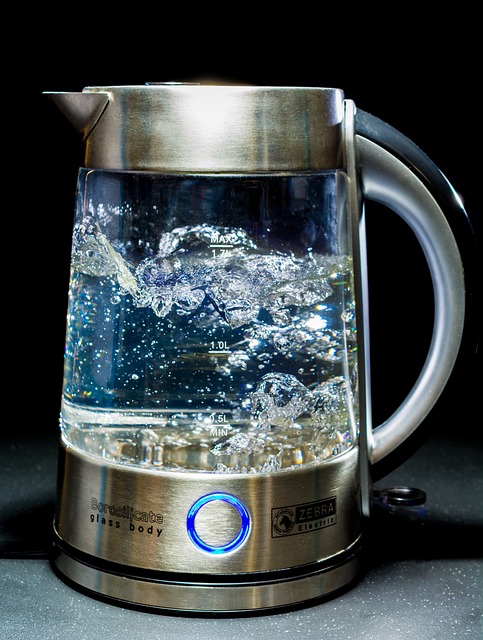
Maintaining your water heater is crucial for ensuring consistent hot water and extending its lifespan. According to experts, regular checks and simple preventive measures can save you from costly repairs or sudden cold showers. One key tip is to flush out sediment that builds up at the bottom of the tank over time. This not only improves water quality but also prevents the tank from overheating.
Another important aspect is to insulate your water heater to prevent heat loss, especially if it’s in an uninsulated garage or basement. Setting the thermostat to around 120°F (49°C) is recommended for energy efficiency while ensuring safe water temperatures. Regular inspection for leaks and corrosion is also vital. Addressing these issues promptly through routine maintenance or professional Water Heater Repair services can save you from unexpected breakdowns and keep your home’s hot water flowing smoothly.
